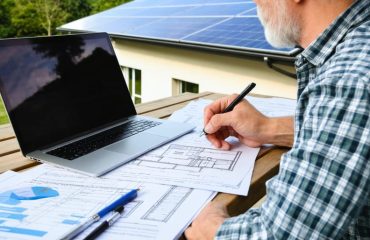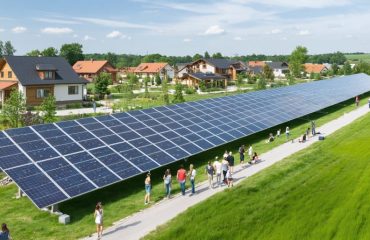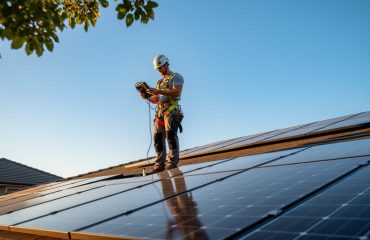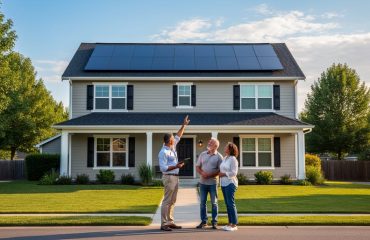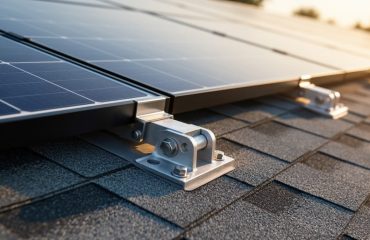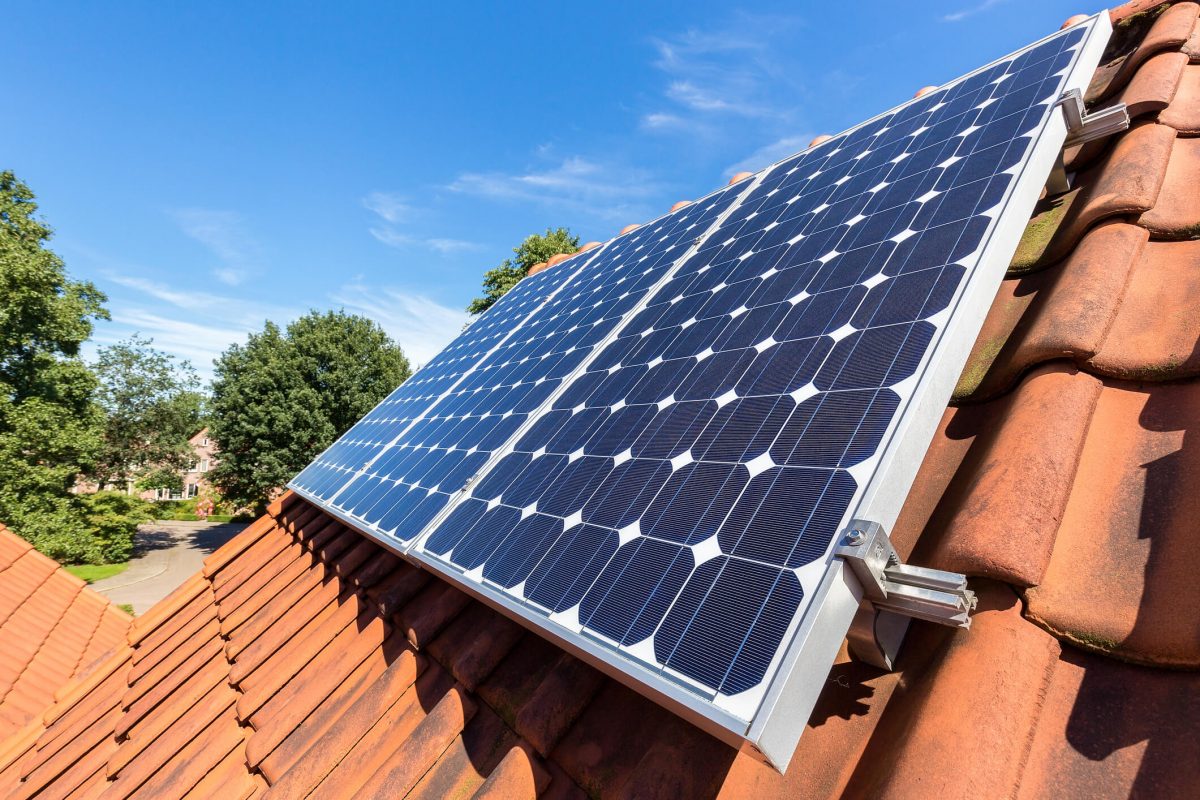Harness the collective wisdom of thousands of solar enthusiasts through dedicated DIY solar forums, where experienced installers and homeowners share invaluable tips, troubleshooting guides, and money-saving installation techniques. These vibrant online communities have become essential resources for anyone navigating their solar journey, offering real-time support, project showcases, and detailed discussions about equipment selection, system design, and maintenance best practices.
Whether you’re planning your first solar installation or optimizing an existing setup, solar DIY forums provide a unique blend of practical knowledge and peer support that can save you thousands in consultation fees. Members regularly share detailed project logs, wiring diagrams, and performance data, creating an ever-growing knowledge base that reflects real-world experiences rather than theoretical concepts.
Join these communities to access step-by-step tutorials, equipment reviews, and location-specific advice from people who’ve already tackled similar projects in your area. The collaborative spirit of these forums ensures that even complex technical challenges become manageable with community support.
Finding the Right Solar DIY Forum for Your Needs
Popular Forum Platforms
Several vibrant online communities cater specifically to DIY solar enthusiasts. SolarPanelTalk.com stands out as one of the most active platforms, featuring dedicated sections for system design, installation tips, and troubleshooting advice. Their knowledgeable community includes both experienced installers and homeowners who’ve successfully completed their solar projects.
Reddit’s r/solar and r/SolarDIY communities offer real-time discussions and project showcases, with members readily sharing their experiences and offering guidance to newcomers. These subreddits are particularly valuable for getting quick feedback on system designs and equipment recommendations.
The Renewable Energy Hub forum provides comprehensive resources for off-grid systems and battery storage solutions, while DIY Solar Forum focuses on practical installation techniques and equipment reviews. WindySolar.com’s community specializes in hybrid systems combining solar with other renewable energy sources.
For those seeking local expertise, many of these forums have regional subsections where you can connect with nearby solar enthusiasts and learn about area-specific regulations and installation requirements.
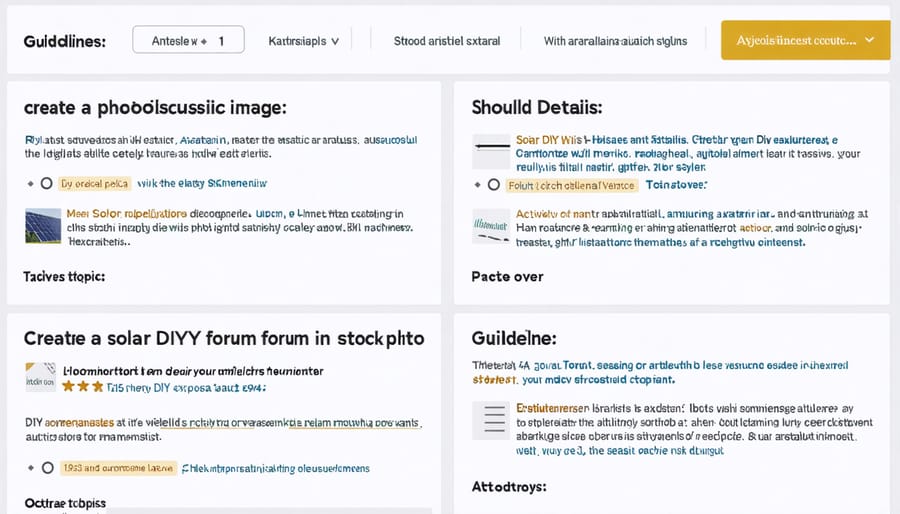
Forum Features That Matter
When evaluating a solar DIY forum, several key features can enhance your learning and troubleshooting experience. Look for forums with an active community of experienced solar enthusiasts who regularly participate in discussions and provide timely responses to questions. A well-organized category system helps you easily navigate between installation guides, maintenance tips, and troubleshooting sections.
Search functionality is crucial – ensure the forum has a robust search engine that lets you find previous discussions about specific problems or components. Photo-sharing capabilities are especially valuable for solar DIY projects, allowing members to share visual guides and document their installations.
The best forums maintain a knowledge base or sticky posts containing fundamental information about solar installations, safety guidelines, and common mistakes to avoid. Moderation is another essential feature, ensuring discussions remain focused and accurate information prevails.
Look for forums that welcome beginners while maintaining high-quality technical discussions. The presence of verified experts or professionals can add credibility to the advice shared. Additionally, check if the forum has a private messaging system for more detailed one-on-one help when needed.
Making the Most of Forum Resources
Search Techniques
Finding the right information in solar DIY forums is all about using effective search techniques. Start by using the forum’s built-in search function and filter options to narrow down results by date, topic, or user expertise level. When searching, try multiple variations of keywords – for example, “solar panel mounting” might yield different results than “PV panel installation.”
Include specific details in your search terms, such as your solar panel brand or model number, to get more relevant responses. Many forums allow you to search within specific subforums, which can help target your query to the right audience. For technical issues, include any error codes or specific symptoms you’re experiencing.
Remember to scan through existing threads before creating a new one. Many common questions have already been answered in detail. Use the forum’s advanced search features to filter by solved topics or posts with the most responses, as these often contain the most comprehensive solutions.
When browsing through search results, pay attention to post dates. Solar technology evolves quickly, so more recent discussions may be more relevant to current systems. Look for threads marked as “sticky” or “pinned” by moderators, as these usually contain essential information and frequently asked questions.
If you can’t find what you’re looking for, try searching by username of experienced members who regularly contribute helpful advice. Their post history often contains valuable insights and solutions to common problems.
Asking Smart Questions
Getting helpful answers in solar DIY forums starts with asking well-structured questions. Before posting, search existing threads to see if your question has already been answered. When creating a new post, include your system specifications, such as panel wattage, inverter type, and battery capacity if applicable.
Take clear photos of any issues you’re experiencing, making sure they’re well-lit and in focus. Include close-ups of wiring connections or equipment labels when relevant. Describe what troubleshooting steps you’ve already taken and what results you observed.
Be specific about your location, as solar regulations and optimal setups can vary by region. When discussing electrical issues, always mention your system’s voltage and whether it’s grid-tied or off-grid. If you’re planning a new installation, share your energy goals and budget constraints.
Remember to be courteous and patient with community members. Many are volunteers sharing their expertise in their spare time. Follow up on responses promptly and share what solutions worked for you – this helps others who might face similar issues in the future.
Avoid asking overly broad questions like “What’s the best solar setup?” Instead, focus on specific aspects of your project or problem. If someone asks for clarification, provide the requested information quickly to keep the discussion productive and helpful.

Common Forum Topics and Solutions
Performance Issues
Solar DIY forums frequently address common performance issues that many system owners encounter. Users often report problems with lower-than-expected power output, which community members typically trace to panel shading, dirt accumulation, or incorrect angle positioning. The forums provide valuable troubleshooting steps, with experienced members sharing practical solutions like regular cleaning schedules and seasonal angle adjustments.
Battery storage concerns are another hot topic, with users discussing voltage drops and charging inefficiencies. Forum veterans often suggest monitoring battery temperature, checking connections, and maintaining proper electrolyte levels in traditional lead-acid systems. Many threads offer detailed guidance on using multimeters and charge controllers to diagnose issues.
Inverter problems, particularly error codes and efficiency drops, generate significant discussion. Community solutions often include step-by-step debugging processes and maintenance tips. Members frequently share their experiences with different brands and models, helping others avoid common pitfalls.
The collaborative nature of these forums means that even complex issues usually find resolution through shared experiences and collective knowledge. Users often post follow-up success stories, creating a valuable knowledge base for future reference.
Maintenance Questions
Forum discussions about maintenance frequently center around essential solar panel maintenance tips and troubleshooting common issues. Members often share experiences about cleaning techniques, monitoring system performance, and addressing efficiency drops. Popular maintenance topics include dealing with debris accumulation, checking for loose connections, and maintaining proper tilt angles for optimal performance.
Experienced forum members regularly provide guidance on maintenance schedules, recommended cleaning products, and early warning signs of potential problems. Discussions often feature practical advice about weather-related maintenance, such as snow removal in winter and dust management during dry seasons. Users share real-world solutions for extending panel life and maintaining peak efficiency.
The community also addresses seasonal maintenance concerns, helping newcomers understand when and how to inspect their systems. Members frequently discuss the use of monitoring systems, share maintenance checklists, and offer advice on when to call professionals versus handling maintenance tasks independently. These discussions create a valuable knowledge base for DIY solar enthusiasts seeking to maintain their systems effectively.

Troubleshooting Guides
Solar DIY forums offer invaluable troubleshooting resources that can help you resolve common solar system problems quickly and effectively. Forum members frequently share detailed guides for addressing issues like inverter errors, charge controller malfunctions, and battery maintenance concerns. Popular resources include step-by-step diagnostic flowcharts, voltage testing procedures, and equipment maintenance schedules.
Many forums maintain pinned posts with solutions for frequently encountered issues, such as panel efficiency drops, connection problems, and monitoring system errors. Users can find detailed photos and videos demonstrating proper testing techniques and repair procedures. Experienced members often share their own troubleshooting experiences, complete with before-and-after measurements and recommended tools.
Community-vetted checklists help identify problems systematically, while seasonal maintenance guides ensure optimal system performance year-round. These resources are regularly updated to reflect new equipment and emerging best practices, making them invaluable for both novice and experienced solar DIY enthusiasts.
Remember to always prioritize safety and consult professional help when dealing with complex electrical issues.
Safety and Best Practices
While DIY solar forums are excellent resources for knowledge sharing, it’s crucial to approach advice with caution and prioritize safety. Always verify forum recommendations against official solar installation safety guidelines and local regulations before implementation.
Never attempt high-voltage electrical work without proper certification. Even if forum members share their experiences with complex installations, remember that electrical work often requires licensed professionals. When in doubt, consult certified installers.
Document and photograph your system components before making any modifications suggested by forum members. This helps track changes and can be invaluable if you need professional assistance later. Before following any forum advice, verify the credentials of those offering guidance and cross-reference their suggestions with multiple reliable sources.
Keep safety equipment readily available, including proper insulation tools, protective gear, and emergency shut-off procedures. Remember that while saving money is important, your safety should always come first when working with solar systems.
Solar DIY forums offer invaluable resources for homeowners embarking on their renewable energy journey. These communities provide expert guidance, cost-saving tips, and moral support while fostering a collaborative environment for sustainable living. By actively participating, sharing experiences, and learning from others, you can maximize your solar investment while helping fellow enthusiasts achieve their clean energy goals. Remember to always verify information, follow safety guidelines, and contribute positively to these vibrant communities.


